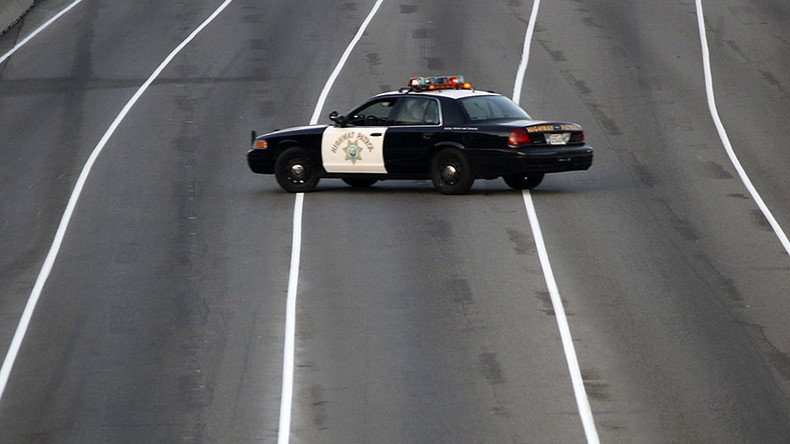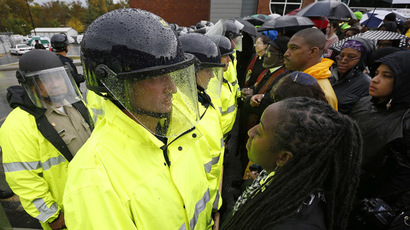Careful drivers leave US police strapped for cash

Police in Michigan are facing a $3 million deficit in funding for road patrol services. Officials blame the lack of revenue on the decline in the number of traffic tickets issued to motorists, which appears to be a national trend.
“The two are intertwined,” Blaine Koops of the Michigan Sheriffs’ Association told Capital News Service, commenting on last week’s report by Michigan’s Office of Highway Safety. “The number of citations equals the amount revenue that’s generated.”
The report found citations issued per deputy had decreased from 582 in 2006 to 444 in 2016, representing a 23 percent drop and a loss of nearly $3 million to the secondary road patrol program during the past 10 years.
Michigan police cite fewer speeders, costing counties patrol dollars https://t.co/ocHObuJU14
— Detroit Buzz (@Detroit_Buzz) September 15, 2017
Prior to 1992, a state grant general fund paid for secondary road patrols. A partial allocation from the fund paid for the patrols up until 2003. Since then, the patrol was paid for from traffic citations revenue.
Koops speculated that several factors could have influenced the decline.
More compassionate officers who consider their job as more community-based, and recognizing they are ticketing the people they live among was one of the possibilities he listed. Another was the changing traffic environment, with divided freeways make it harder for officers to catch violators.
The third factor could be the adoption of body cameras by the law enforcement, putting the actions of police officers under scrutiny and maybe making them less likely to issue tickets for minor infractions, according to Koops.
The revenue shortfall has led to a decline in hiring road patrol deputies in Michigan. From 287 officers funded at the program’s inception, by 2016 the number had declined to 126.
That also means the funding has shifted to local governments, with the number of county-funded officers increasing from 1,123 in 1979 to approximately 2,184 in 2016.
Some 88 percent of the program’s expenditures, or about $11.8 million, is spent on personnel. Deputy salaries, vehicles and equipment cost approximately $97,258.04.
“There’s just not enough money to put the deputies on the road,” Koops said. “That money is spent really as far as a funding source to augment the general fund that a county puts into traffic enforcement.”
Michigan’s case does not seem to be isolated. Declines in citations and revenue between 22 and 27 percent have also been documented in Illinois, Massachusetts, Ohio, Pennsylvania and Wisconsin, according to Money magazine.
Police in Seattle, Washington issued 39,000 traffic violations in 2016, 15,000 fewer than the year before, according to municipal court records. This amounts to a 28 percent decline.
Seattle police are writing fewer traffic tickets. It’s not because we’re driving less. https://t.co/Wg5v6f8r2Gpic.twitter.com/H0YhKIOAW0
— Norm Gregory (@NormGregory) August 27, 2017
The declines could also to be attributable to new advances in traffic enforcement. Seattle’s data does not include tickets issued by red-light cameras, which are processed like parking tickets rather than traffic infractions under state law. The city has had the cameras in place since 2006.
Seattle Police Department said another reason could be that traffic enforcement is now being used far more for “demonstrations, parades, special events, dignitary visits.”
“In 2016, being the election year it was, there were a lot more events going on,” Sergeant Peter Verhaar of the department’s crime-analysis unit told The Seattle Times.












